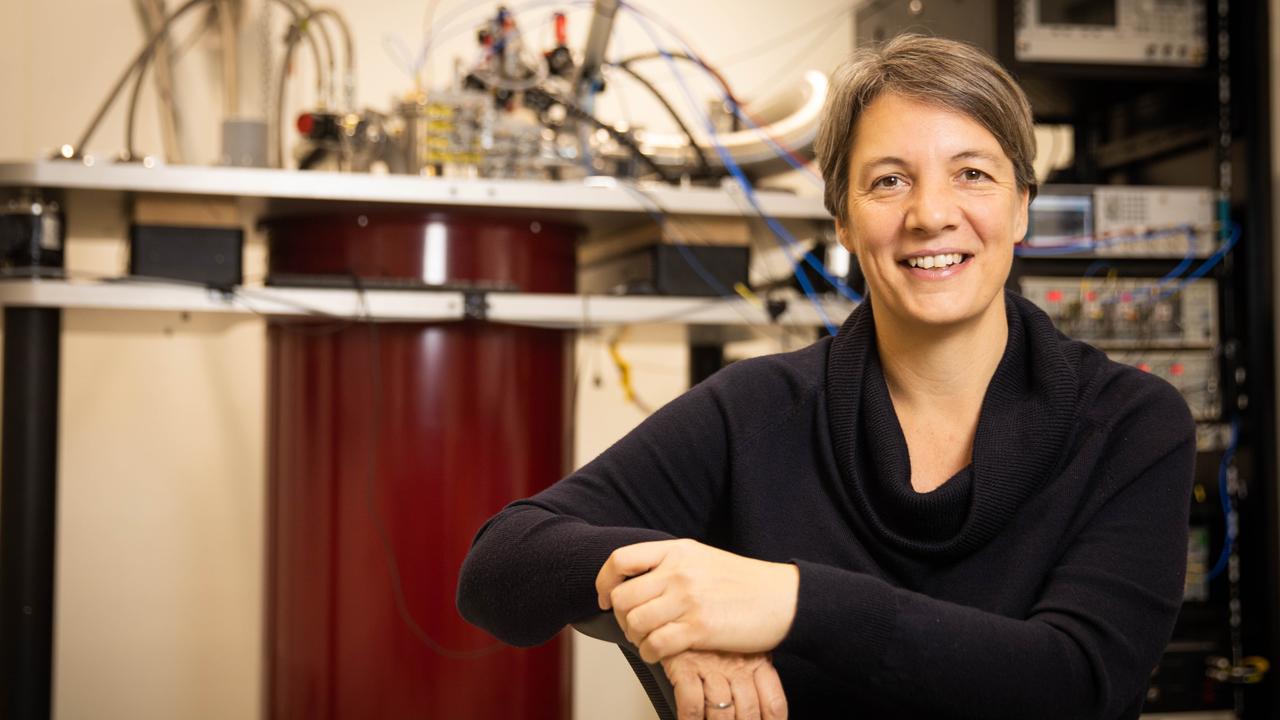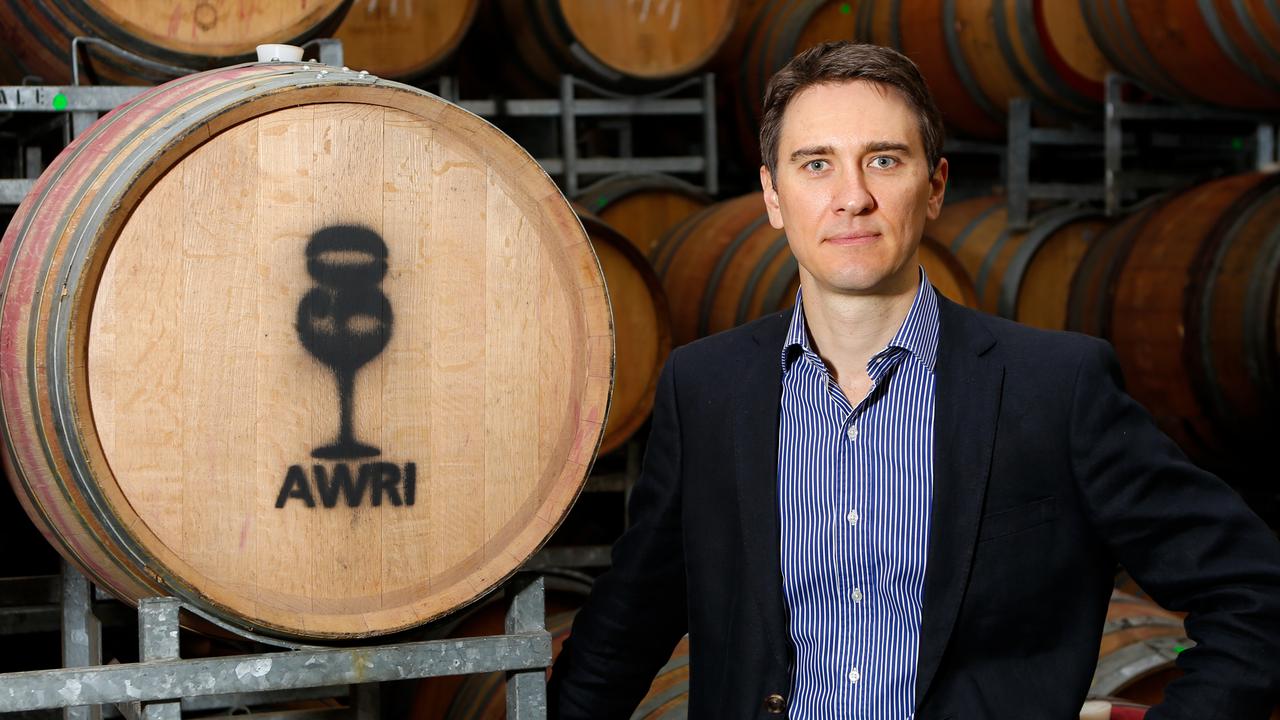Universities want more choice in how they spend research money
The Innovative Research Universities grouping wants more flexibility in how universities spend their government research funding.

In today’s Higher Ed Daily Brief: research call, international students, China wine partnership
‘Give us more flexibility’
The seven member strong Innovative Research Universities grouping is calling for more flexibility in how universities spend their government research funding.
IRU executive director Conor King told a House of Representatives committee hearing yesterday that, while research funding had risen over the past decade, the proportion of “open” funding, which could be spent on a research project of the university’s choice, had fallen.
“The proportion of “open” funds has fallen from 26 per cent in 2006 to 20 per cent in 2016. the IRU says. As a result universities are constrained in their ability to implement a co-ordinated research strategy, and their freedom to experiment and risk-take in research projects — both essential elements of creativity and innovation — is limited, the group says.
“The IRU argues that block funding should be the next target for a real increase, to give universities a greater say over which research issues are supported and which are not,” Mr King says. “Universities are best-placed to know which research is most likely to have the biggest impact while delivering the best value for money.”
Good news, and bad
News that a Pakistani engineering student was bashed by assailants on the campus of the University of Newcastle at the weekend comes as Universities Australia is launching a new series of videos featuring international students talking positively about their time in Australia. The videos feature students from many countries including the United States, India, China, Malaysia, Papua New Guinea, and Zimbabwe.
Universities Australia chief executive Catriona Jackson said that Australia was “not only equipping students with a quality education on their way to global careers. We are also forging a global network of informal ambassadors with great fondness for our country”.
Wine dual degree
The University of Adelaide has taken advantage of the growing Chinese appetite for western-style wine to join with China’s prestigious Shanghai Jiao Tong University and offer a dual masters degree in wine making and viticulture. Students doing the course will spend the first year in China, the second in Adelaide, and the last six months in China. The course will be taught in English and they will graduate with a master in viticulture and oenology from the University of Adelaide, and a master in agricultural science from Shanghai Jiao Tong.
“This new degree recognises the growing interest in wine and winemaking in China and the complementary expertise of two leading universities,” says program co-ordinator Chris Ford.


